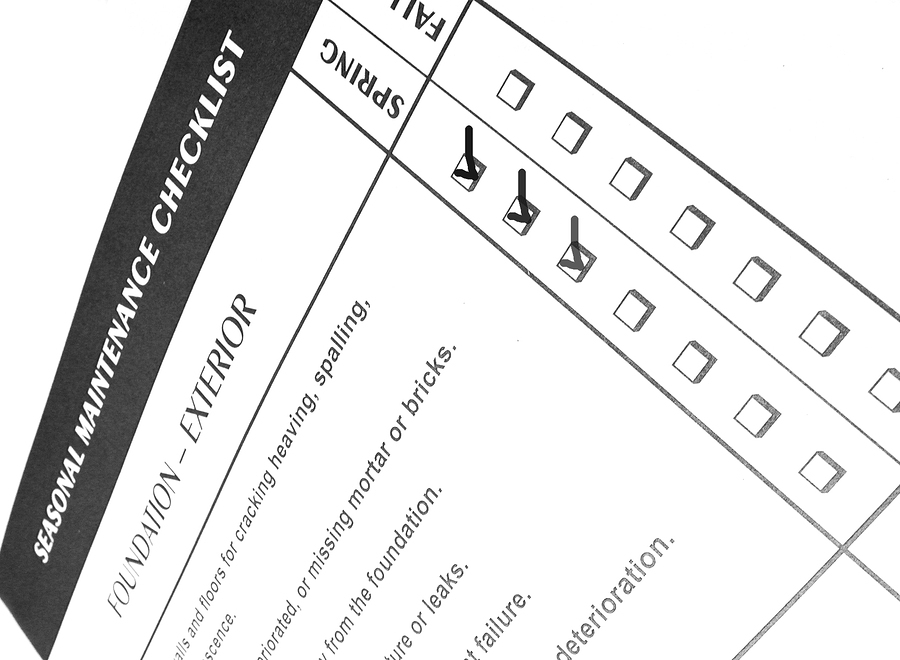As a homeowner, maintaining your plumbing system is crucial to ensure that your home remains functional and comfortable throughout the year. Each season brings its own set of challenges for your plumbing, so it’s important to be proactive in addressing potential issues before they become major problems.
In this blog, we’ll provide you with a comprehensive seasonal checklist from Plumber Chatswood trusts to help you keep your home running smoothly all year round.
Spring Plumbing Checklist
Spring is the perfect time to inspect your plumbing after the harsh winter months. Here’s what you should focus on:
Check for Leaks: Inspect all visible pipes, including those under sinks and in basements, for any signs of leaks. As per the Plumber Chatswood trusts, look for water spots, mold, or puddles that could indicate a problem.
Test Your Sump Pump: With spring showers on the way, ensure your sump pump is working properly. Pour a bucket of water into the sump pit to see if the pump activates and discharges water as expected.
Inspect Outdoor Faucets and Hoses: After a long winter, outdoor faucets and hoses may have suffered damage. Turn on the outdoor faucets and check for leaks. Replace any damaged hoses or washers.
Clean Gutters and Downspouts: Clear away any debris from gutters and downspouts to prevent blockages that could cause water to back up and damage your home’s foundation.
Check for Slow Drains: Ensure all drains in your home are flowing freely. If you notice slow drains, try using a drain cleaner or a plumbing snake to clear any clogs.
Summer Plumbing Checklist
Summer can put a strain on your plumbing due to increased water usage. Follow these tips to keep your plumbing in top shape:
Inspect Irrigation Systems: Check your sprinkler system for leaks or broken sprinkler heads. Adjust the settings to avoid overwatering, which can lead to high water bills and water waste.
Service Your Water Heater: Drain and flush your water heater to remove sediment buildup that can reduce its efficiency. If your water heater is more than 10 years old, consider replacing it with a more energy-efficient model.
Check Washing Machine Hoses: Inspect the hoses on your washing machine for cracks or bulges. Replace any damaged hoses to prevent leaks and potential flooding.
Maintain Your Garbage Disposal: Summer means more barbecues and gatherings, which can put extra strain on your garbage disposal. Run cold water before and after using the disposal, and avoid putting fibrous or starchy foods down the drain.
Inspect Pool Plumbing: If you have a pool, check the plumbing for leaks and ensure the pump and filter are functioning properly. Regular maintenance can prevent costly repairs and keep your pool water clean.
Fall Plumbing Checklist
Fall is the time to prepare your plumbing for the colder months ahead. Here’s what you should do:
Winterize Outdoor Faucets: Disconnect and store garden hoses. Shut off the water supply to outdoor faucets and drain any remaining water to prevent freezing and bursting pipes.
Inspect and Insulate Pipes: Check exposed pipes in unheated areas, such as basements, attics, and garages, for signs of wear. Insulate these pipes to prevent freezing during the winter.
Check Your Water Heater: Ensure your water heater is set to an appropriate temperature (120°F is recommended) and inspect it for any signs of leaks or rust. Consider insulating the water heater to improve efficiency.
Clean Gutters and Downspouts: Remove leaves and debris from gutters and downspouts to prevent blockages that could cause water damage when winter storms hit.
Test Your Sump Pump: With the possibility of heavy autumn rains, make sure your sump pump is in good working order to prevent basement flooding.
Winter Plumbing Checklist
Winter can be the most challenging season for your plumbing. Take these steps to protect your system from freezing temperatures:
Prevent Frozen Pipes: Keep your home warm and allow warm air to circulate around pipes, especially those located near exterior walls. Open cabinet doors to let warm air reach pipes under sinks.
Let Faucets Drip: On extremely cold nights, let faucets drip slightly to keep water moving through the pipes and reduce the risk of freezing.
Seal Drafts: Check for drafts near pipes and seal any gaps or cracks to keep cold air out and prevent pipes from freezing.
Know Where Your Shut-Off Valve Is: In case a pipe does freeze and burst, it’s important to know where your main water shut-off valve is located. Turn it off quickly to minimize water damage.
Inspect Your Water Heater: Ensure your water heater is in good condition and set to a temperature that will provide hot water without overworking the system. Consider having it serviced by a professional if it’s not performing optimally.
Year-Round Maintenance Tips
In addition to seasonal tasks, there are a few plumbing maintenance tips you should follow throughout the year:
Regularly Check for Leaks: Make it a habit to check for leaks in faucets, showerheads, and toilets. Even small leaks can waste a significant amount of water over time.
Be Mindful of What You Flush: Only flush toilet paper and human waste down the toilet. Avoid flushing items like wipes, cotton balls, and feminine hygiene products, as they can cause clogs.
Use Drain Screens: Install drain screens in sinks and showers to catch hair, food particles, and other debris that could cause clogs.
Schedule Professional Inspections: Have a professional plumber inspect your plumbing system annually. They can identify and address potential issues before they become major problems.
By following this seasonal plumbing checklist, you can keep your home’s plumbing system running smoothly throughout the year. Regular maintenance and proactive measures will help you avoid costly repairs and ensure that your home remains comfortable and functional, no matter the season.

